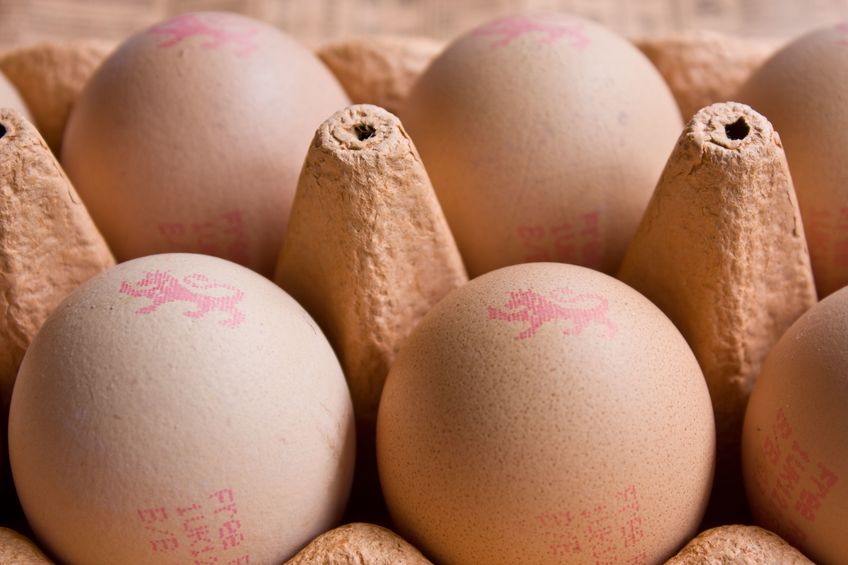
Free range egg producers have been urged not to break packer contracts by selling too many eggs privately in response to higher coronavirus prices.
Retailers have seen demand for eggs surge amid panic buying brought on by the coronavirus pandemic.
With demand high, producers are able to cash in on strong prices at the farm gate, but the British Free Range Egg Producers' Association is calling for restraint.
It said producers should not breach the terms of their contracts: "Producers may be tempted to sell more of their eggs at the farm gate to take advantage of higher prices," explained Robert Gooch, BFREPA chief executive.
"We would urge producers not to be tempted to sell more than they are allowed under their contract. The packer is the producer's best customer," he said.
Normally under packer contracts a producer would be allowed to sell about 10% of their eggs privately, but with the prospect of being able to gain better prices at the farm gate some may be tempted to sell more eggs privately after a long period of depressed packer prices.
At the NFU Conference in February, Veli Moluluo, managing director of the consumer foods division at Noble Foods said that, whilst the egg industry was doing well overall, producer prices had suffered almost "hyper deflation."
He said: "As we stand here today, six medium free range eggs are almost half the price they were 10 years ago. In certain retailers they are half the price they were 10 years ago."
The coronavirus crisis, which has resulted in widespread panic buying, has seen egg sales soar.
After cases in the UK started to take off in March, government imposed stringent lockdowns to try to stop the spread of the virus and consumers emptied shelves worried that supplies would run out.
Data from the British Egg Industry Council (BIEC) shows that over the four weeks leading to the week ending 22 March, an estimated 621m eggs were sold at a value of £88m – nearly 20% more than the same time last year when a total of 518m eggs were sold for £74m
Before the outbreak of the coronavirus, supermarkets were already reporting healthy sales thanks to the popularity of vegetarian and flexitarian diets, but the onset of panic buying sent sales through the roof.
A BEIC spokesperson said: "While the increased demand in the retail sector has been somewhat mitigated by a lower requirement from food service (restaurants, pubs and cafes etc), the industry is dealing with a period of unprecedented demand.
"We are doing our utmost to get stock to shops as quickly as possible, so that they can replenish their shelves, but we would echo the government’s call for consumers to only buy what they need."
Andy Crossland, trading manager at the Central Egg Agency, said he was struggling to meet demand from the retail market.
"We have had every major packer in the country on looking for free range," he said, "There are buyers ringing packers that don't supply them and offering the earth but the egg is just not there.
"Foodservice and processing are out, egg boilers are out but that egg has moved into retail. Retail has been able to absorb that egg and more as well. There have been shortages through panic buying.
"Obviously prices go up when you have a tight market, although there is a level to what people will purchase. Packers are pinned in contracts. Whether they can use this to their advantage we will see.
"We are seeing £1.40 for large free range at the moment; £1.20 for mediums - but that is if you can get them."
He said that supplies had already started tightening before coronavirus struck. Bird flu had taken birds out and reduced supplies of eggs. Coronavirus had brought a big increase in retail demand and tightened the market still further.
Robert Gooch urged packers to pass on price increases to producers: "We know that some packers have been renegotiating contracts with retail customers following this upheaval.
"We have been asking that this should filter down to producers. We haven't seen that happen yet, which is disappointing, although we do understand that packers may have a problem with sales of seconds."
He said that the egg market was currently unlike it had ever been: "We are seeing very strong demand for grade A eggs at the moment but there is very little demand for lower tier and seconds.
"Normally you would see them both going up and down together, but we have something of a split market. It is a very difficult time."
